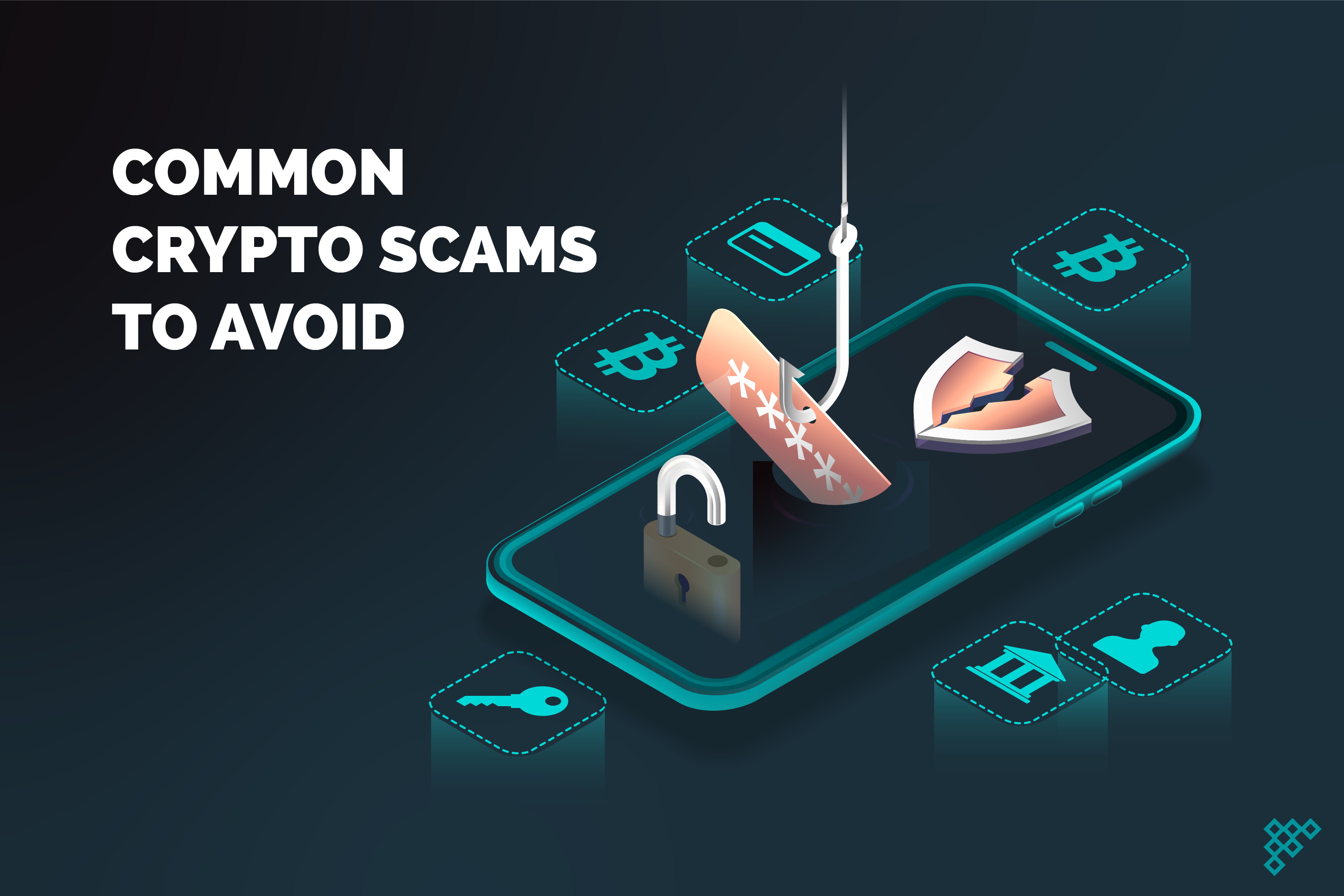Crypto Scams: What To Know About Cryptocurrency and Scams

Cryptocurrencies have revolutionized the financial world, offering exciting investment opportunities and innovative technologies. However, this digital frontier also presents ample opportunities for scammers to exploit the lack of regulation and unfamiliarity surrounding cryptocurrencies. In this blog post, we will explore the world of crypto scams: what they are, how they work, and, most importantly, how to recognize and protect yourself from these deceptive schemes.
Understanding Crypto Scams
Crypto scams encompass a wide range of fraudulent activities that exploit the decentralized and often pseudonymous nature of cryptocurrencies. Scammers prey on both novice and experienced investors, seeking to deceive and defraud individuals in various ways. Here’s an overview of some common types of crypto scams:
The Anatomy of Crypto Scams:
- Phishing: Scammers create fake websites, emails, or social media accounts that mimic legitimate crypto services or exchanges. Victims are tricked into revealing private keys, wallet credentials, or sensitive information, allowing scammers to steal their funds.
- Ponzi Schemes: Scammers promise investors high returns on their cryptocurrency investments, often claiming to use trading or mining strategies. However, these schemes rely on new investments to pay returns to earlier investors, ultimately collapsing when the influx of new funds can’t cover the promised returns.
- Initial Coin Offering (ICO) Scams: Fake ICOs imitate legitimate crypto projects, offering tokens to investors with promises of future value. Victims who invest receive worthless or non-existent tokens.
- Tech Support Scams: Victims receive unsolicited calls or messages from scammers posing as tech support for cryptocurrency wallets or exchanges. They claim there is an issue with the victim’s account and request remote access or private key information.
- Fake Wallets and Apps: Scammers create fraudulent cryptocurrency wallets and apps that appear legitimate. When users deposit funds into these wallets, their assets are stolen.
- Impersonation Scams: Scammers impersonate influential figures or companies on social media platforms to promote giveaways or investment opportunities. Victims are asked to send cryptocurrency with the promise of receiving more in return, which they never receive.
Recognizing the Red Flags
Spotting the warning signs of crypto scams is essential for protecting your investments and financial security. Here are common indicators to be aware of:
- Too Good to Be True Returns: Be skeptical of investments that promise unrealistically high returns with minimal risk. If it sounds too good to be true, it probably is.
- Unsolicited Communications: Be cautious of unsolicited emails, messages, or phone calls that pressure you to invest in cryptocurrencies or disclose personal information.
- Lack of Transparency: Legitimate cryptocurrency projects and investments should have clear documentation, whitepapers, and a transparent team behind them. Scams often lack these essentials.
- Requests for Private Keys: Never share your private keys or login credentials with anyone, no matter how convincing their story may be.
- Verify Information: Independently verify information and the legitimacy of any cryptocurrency project or investment opportunity through reputable sources.
Protecting Yourself From Crypto Scams
Defending against crypto scams requires vigilance and informed decision-making:
- Educate Yourself: Learn about different types of scams and how they operate. Staying informed is your best defense.
- Use Reputable Exchanges and Wallets: When buying, trading, or storing cryptocurrencies, use well-established and reputable cryptocurrency exchanges and wallets.
- Enable Two-Factor Authentication (2FA): Add an extra layer of security to your cryptocurrency accounts with 2FA.
- Beware of Cold Calls and Emails: Never engage with unsolicited calls or emails regarding cryptocurrency investments.
- Verify Promotions: Be skeptical of cryptocurrency giveaways or promotions promoted by influential figures on social media. Verify such promotions through official channels.
- Report Scams: If you encounter a crypto scam or suspect fraudulent activity, report it to your local authorities and relevant regulatory agencies.
Conclusion
Crypto scams are a regrettable aspect of the cryptocurrency landscape. By staying informed, practicing caution, and recognizing the red flags associated with these scams, you can protect your investments and financial well-being from falling into the hands of deceptive fraudsters. Remember that legitimate cryptocurrency investments come with risks, and it’s crucial to conduct thorough research and exercise prudence in all your crypto-related activities.






